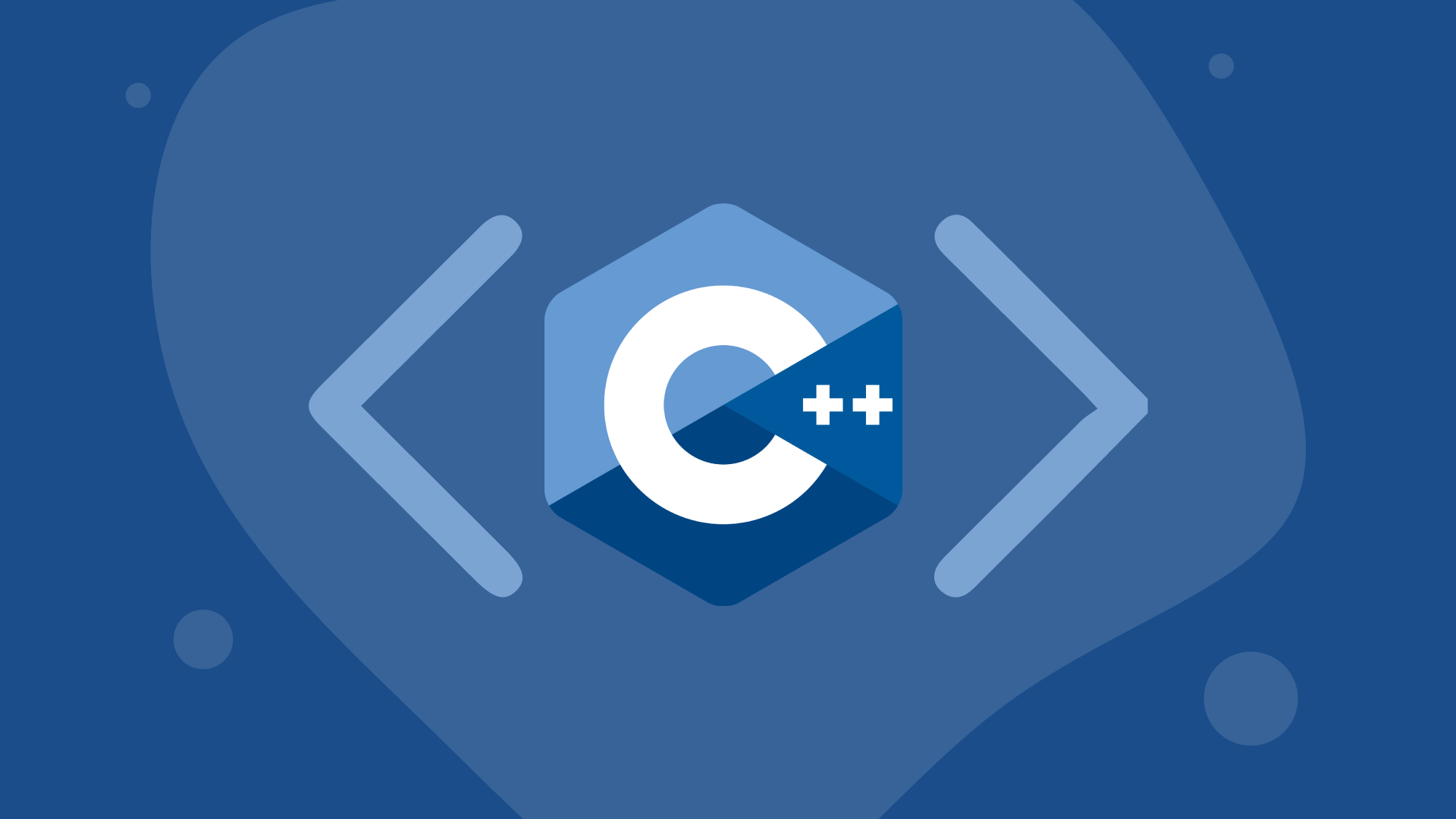
#include <iostream>
#include <vector>
using namespace std;
class Point
{
int x, y;
public:
Point(int a, int b) { cout << "Point()" << endl; }
~Point() { cout << "~Point()" << endl; }
Point(const Point&)
{
cout << "Point(const Point&)" << endl;
}
};
int main()
{
vector<Point> v;
Point p(1, 2);
v.push_back(p);
// 소멸자가 몇번 호출될까?
// 2회 호출된다 -> p가 생성되며 한 번 vecotr에 할당되며 한 번 총 2회
// 이렇게 만들어지면 역시 오버헤드이다.
// 해결책은?
}
int main()
{
vector<Point> v;
v.emplace_back(1, 2);
// 소멸자 호출 횟수 : 1
// vector에 객체를 넣을때 push_back보다 emplace_back을 이용하자!
}
그런데 emplace_back이 perfact forwarding과 무슨상관인가?
int main()
{
vector<Point> v;
int n = 20;
v.emplace_back(1, 2, n);
// n을 perfact forwarding으로 전달해 준다(STL에 그렇게 구현이 되어 있음.)
}
// 또 다른 예제
#include <iostream>
#include <memory>
using namespace std;
class Point
{
int x, y;
public:
Point(int a, int b) { cout << "Point()" << endl; }
~Point() { cout << "~Point()" << endl; }
Point(const Point&)
{
cout << "Point(const Point&)" << endl;
}
};
int main()
{
// 메모리 할당은 몇 번 될까?
shared_ptr<Point> sp( new Point(1, 2) );
// 총 2개의 메모리에 할당이 된다.
// Point를 위한 메모리
// 포인터 객체관리를 위한 메모리
// 그런데 이런 할당은 메모리 파편화로 인한 성능 저하의 원인이 된다.
// 해결법은 없나?
}
shared_ptr<Point> sp = make_shared<Point>(1, 2);
// 객체와 포인트 객체 관리 메모리를 함께 생성해 달라
// 이 make_shared도 perfect forwarding으로 구성된다.